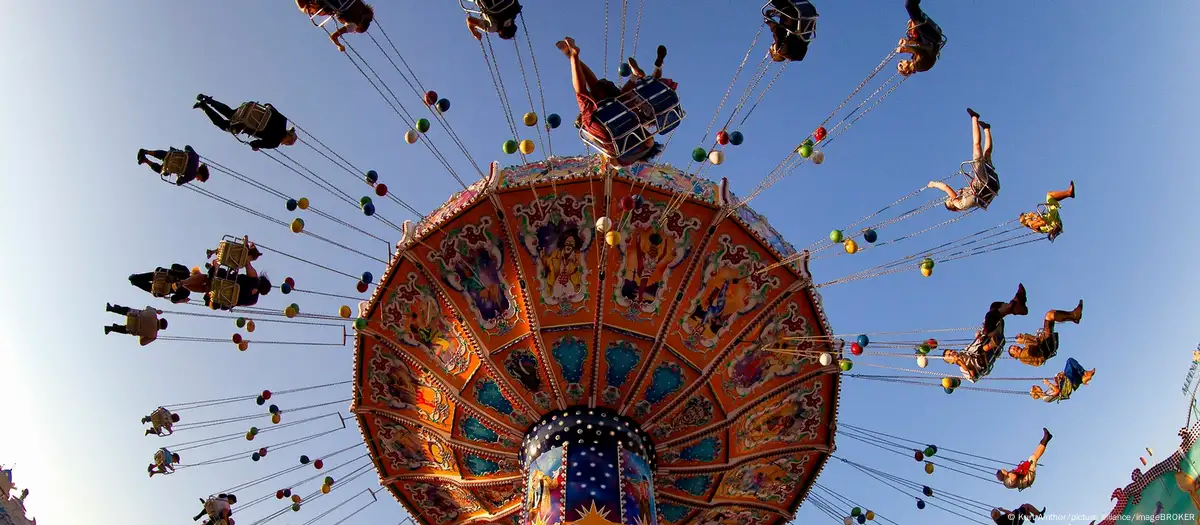
Oktoberfest 2024 focuses on sustainability and inclusivity
The 2024 Oktoberfest, running in Munich from September 21 for over two weeks, is expected to attract around 6 million visitors. The festival, known for its beer and Bavarian traditions, is increasingly incorporating sustainability and inclusivity into its planning.
Oktoberfest organizers have introduced eco-friendly initiatives to minimize the event's environmental impact. Renewable energy sources, including solar, wind, and biogas, power the festival, and disposable plates, cutlery, and cans have been banned since the 1990s. Visitors use glass beer steins that are returned, cleaned, and reused. These measures have significantly reduced the waste produced at the event, from 247 tons in 2008 to 88 tons in 2022.
The festival is also promoting organic, locally sourced, and vegetarian options. The Boandlkramerei tent, offering primarily vegan and vegetarian dishes, provides an alternative to the traditionally meat-heavy Bavarian menu. Oktoberfest also encourages vendors to use solar power and sell reusable and recyclable products.
In its efforts to reach climate neutrality, the 15 largest beer halls on the festival grounds are working to lower their carbon emissions over the next few years. Some venues have already achieved climate neutrality by offsetting their emissions through global sustainability projects.
Inclusivity is another focus of the event, with the introduction of the "vr4kids" project, which allows children and young people with disabilities to participate in Oktoberfest virtually. Additionally, safety measures are being strengthened to prevent harassment, with campaigns like Safer Oktoberfest and the "WiesnGentlemen" initiative promoting respectful behavior among attendees.
Oktoberfest continues to adapt to modern concerns while maintaining its traditional roots, aiming to create a more sustainable and inclusive event for all attendees.







